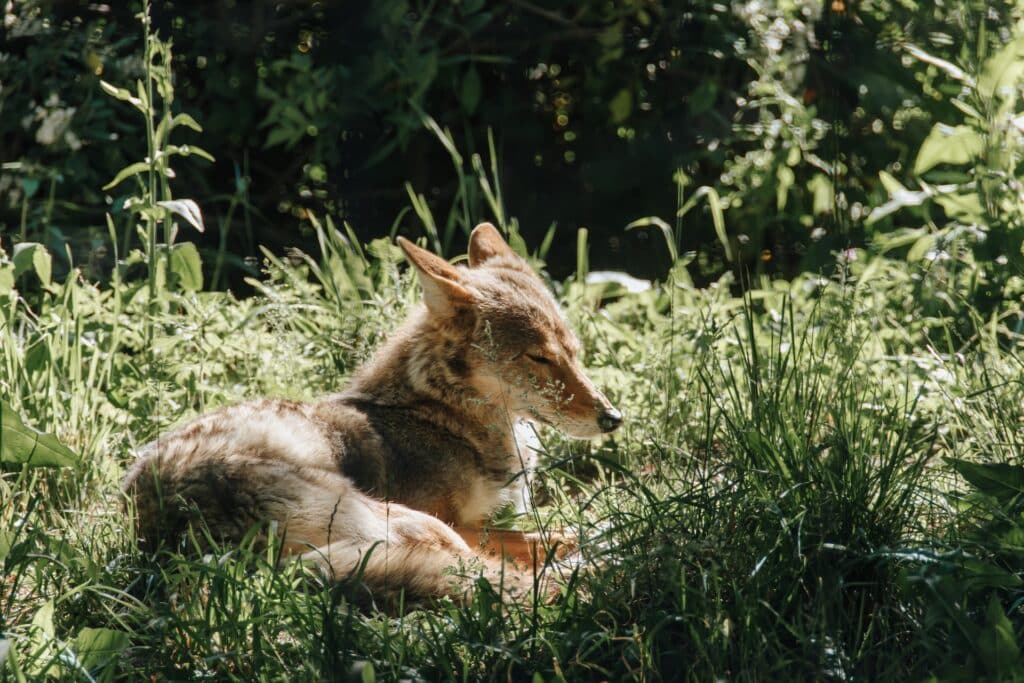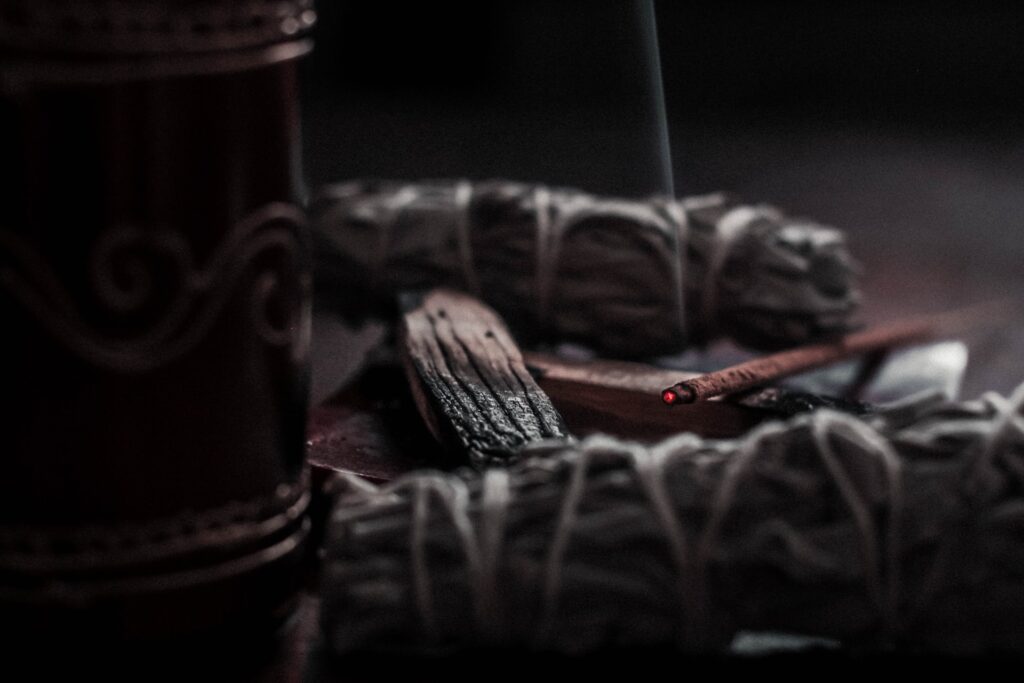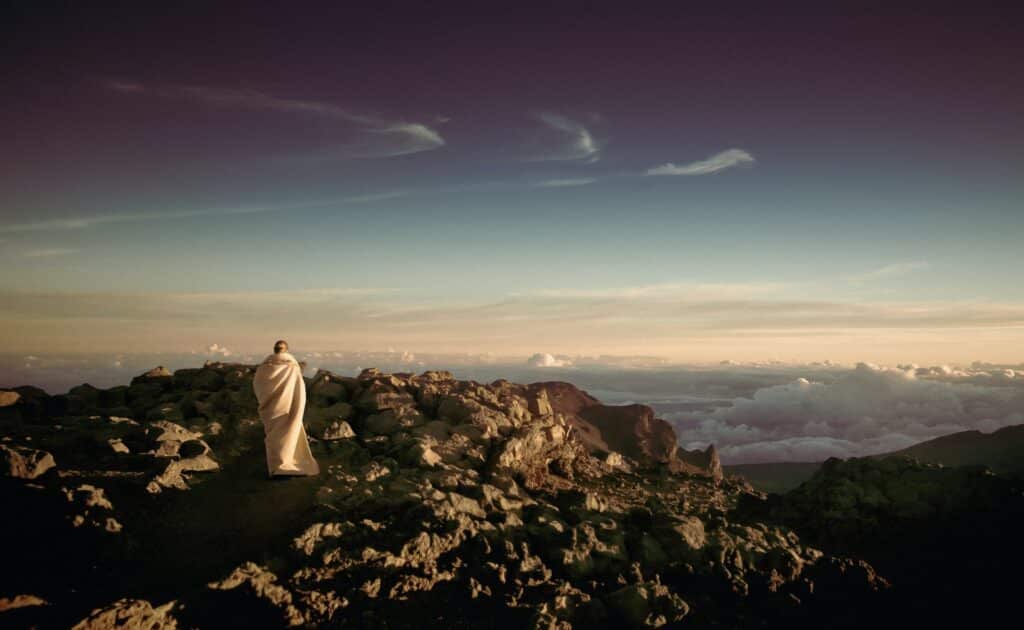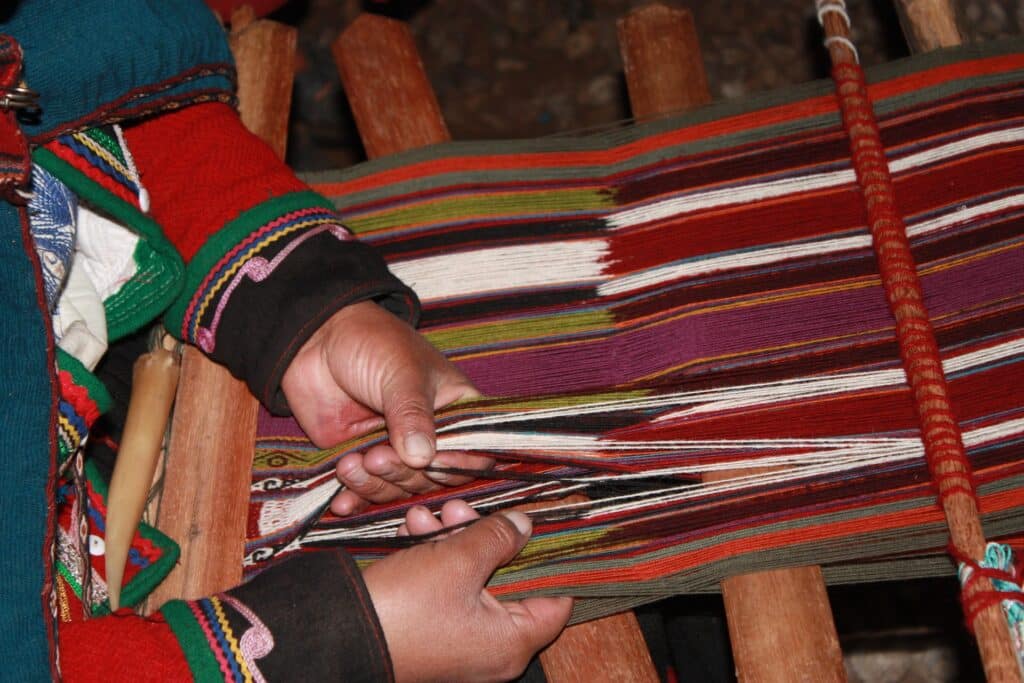We live in a time and place where the wants and desires of the individual are celebrated over the needs of the group. There are historical traumas behind this.

Throughout our history, local ethics would dictate that the expectations of the community take precedence over one’s personal choices. This remains true in many places today. One cannot make a move except that the community will have something to say about it. This ensures that community members behave with restraint and that personal acts are undertaken with a keen awareness of how others may interpret or react to one’s choices. The downsides include the wholesale adoption of uncritical groupthink and all of the cultural stagnation (and persecution) that goes along with that.
That’s scary stuff, made even more frightening through narrow and dogmatic interpretations of religion that threaten to leave one ostracized and eternally damned. These punishments are so powerful because we understand intuitively how dangerous being alone really is. Nothing kills quite like the slow and deliberate suffocation of isolation.
It’s a rather bold and inspired thing, then, to embrace the possibility of this isolation in the pursuit of one’s own ideas and beliefs.

Choosing to go it alone was an enormous leap of faith that required an incredible amount of confidence and resourcefulness. One had to dismiss the option of relying upon others. This wasn’t a safe choice. The likelihood of destruction is obvious and real. But one could take solace in the awareness that death comes to all, and in the case of the voluntary outcast, no personal moral or intellectual convictions need be sacrificed on the road to her inevitable demise.
This was true. I’m not sure that it still is in our time and our place. I say this because of my own sense that social isolation today is less a choice and more a product of governing local philosophies.
Capitalism discourages communal behavior. When our social currency is based on acquiring stuff, we are forced into separating ourselves from others in order to more clearly demonstrate our individual efforts to procure a given thing. This house is a symbol of how hard I work. This car is a representation of my creativity and effort over time. Our culture doesn’t allow us to feel nearly as good about receiving shelter and transportation through our connections, “She still lives at home. Her grandparents bought her that car.”
There’s a lot of pressure to act in isolation, to be an expert in all things, to avoid depending on others. Yes, we feel proud of our unassisted accomplishments. But I wonder if this is at the expense of more chronic anxiety, fear, depression, loneliness, and challenges to building and maintaining intimacy.
These are a few of the reasons behind clan work. We are going to manufacture groups and we are going to see how each of us responds to the novel pressures and rewards of working together, not based on a shared history, but rather on a shared objective.
Before we assign you to your groups, let’s first review the various clan roles.
The Coyote
She is the clan-head. In the culture of many of our indigenous peoples, the coyote was revered as a trickster, a sometimes scheming, sometimes bumbling figure whose function was essentially to loosen folks up to receive the Divine. Your Coyotes will work together to create and facilitate an amazing experience for all, insha Allah. You can think of these women as your event-coordinating coaches.
The Spoon Keeper
She’s in charge of making sure everybody gets fed. She doesn’t have to do the cooking, but she needs to make sure that her clan has got the food situation all sorted out. She’ll be mindful of the dietary preferences and biases of her clan. She’ll be the one to decide if each member of her clan is going solo with the meal planning or whether a more collaborative approach makes sense. She can discuss the possibility of inter-clan feasting with the other Spoon Keepers.
The Sage Burner
Among the early people, burning white sage was a means of ritual purification. Your Sage Burner keeps your camp clean and orderly. It’s not her job to wash the dishes, but to make sure that they get done. Camp should be tidy and organized. Gear should be stowed and prayer areas left immaculate. She will coordinate with other Sage Burners to determine the optimal layout of your camp.
The Cloud Woman
Each clan will have a religious authority, the Cloud Woman. She will work with the other Cloud Women to establish the qibla, or direction of ritual prayer, and she will determine the schedule thereof. She will offer direction on the numerous and unpredictable issues that are sure to challenge your urban jurisprudence.
The Tale Weaver
I won’t be there to tell the story. The Tale Weavers will bring back the narrative of your experience on the island. They will work to capture your adventures in their writing, in their photographs, in their video and sound recordings, and in any other way that honors your time together. And I will use what you permit me to complete your story, insha Allah.
And now, the clans. I’ve got numbers here, but it’s more fun if you come up with sweet clan names.
Clan #1
Coyote: Sister Sama
Spoon Keeper: Sister Mariam
Sage Burner: Sister Samiah
Cloud Woman: Sister Siham
Tale Weaver: Sister Mediha
Clan #2
Coyote: Sister Syma
Spoon Keeper: Sister Randa
Sage Burner: Sister Sandra
Cloud Woman: Sister Mona
Tale Weaver: Sister Sarah
Clan #3
Coyote: Um Rami
Spoon Keeper: Sister Dijana
Sage Burner: Sister Cindy
Cloud Woman: Sister Yafa
Tale Weaver: Sister Aurelia
Your clan represents those participants for whom you are immediately accountable. When you are working out the logistics for food and gear, for example, you will do so in consideration of your clan first and foremost. If your best friend from middle school is in another clan, don’t worry. You are in the same tribe and nothing about clan work will preclude you from spending quality time with whomever you like.
What clan work does is create opportunities to get creative with people who may be new to you. So get to work on those sweet clan names!
Leave a comment below for posterity or join us in the D&T Chautaqua Discord to discuss this post with other adventurous spirits from around the world.





Assalamu alaikum,
How do we communicate within our Clans in order to organize ourselves and choose a name? Group emails? Here? Are we keeping our phones to keep in touch on the Island…should we fill in our contact numbers from now anyway?
Question: If we bring our fishing gear and catch fish, how does that work? Do we need licenses? What can we catch and what can we eat and how can we even do that without fire? Oh good grief I will have to make a solar oven.
Salam Um Rami!
Great questions and thank you for the prompt. I just sent off an email that I hope will make staying in touch with your clans a bit easier.
A good bit of the waters near where you are camping is a protected marine reserve and cannot be fished. I will continue researching this for you to see if there are accessible opportunities. You would need a fishing license.
Campfires aren’t allowed, but your stoves are fine. Your solar oven sounds awesome, but a stick of butter and a frying pan should work just fine 🙂
Was-salam,
Ahmed
I’d love to see a solar oven in the works that sounds so neat!
Question. What kind of gear do we need to take with us and also does every individual has to have his own tent ? Do people sleep separately or as a clan together in one tent ?
Salam,
There is a new post on gear. I hope you find it helpful.
You can discuss sleeping arrangements with your Coyote.
Ahmed
OK I am not finding how to just get onto this blog unless I find one of your emails to find the link ;( . I am sending along this link for info on Jewel Weed which is a natural remedy for poison ivy. Don’t know if we need this but I am interested. Notice that Allah swt has advised us that he created cures for all diseases and that solutions are often close to problems. Like the Jewel Weed often is found near the poison ivy plant. Dock Weed is found near Stinging Nettles and both will sooth the sting of the culprits. https://www.youtube.com/watch?v=t9oCQnxp4NE
Karima/Um Rami
So cool, SubhanAllah!
Salam Um Rami!
The link to the website is:
https://dustandtribe.com/
You might also try typing “Dust and Tribe” into your search engine of choice.
Both jewel weed and poison ivy are east coast plants, but still very good information. I watched the video and I really like the style of the presenter!